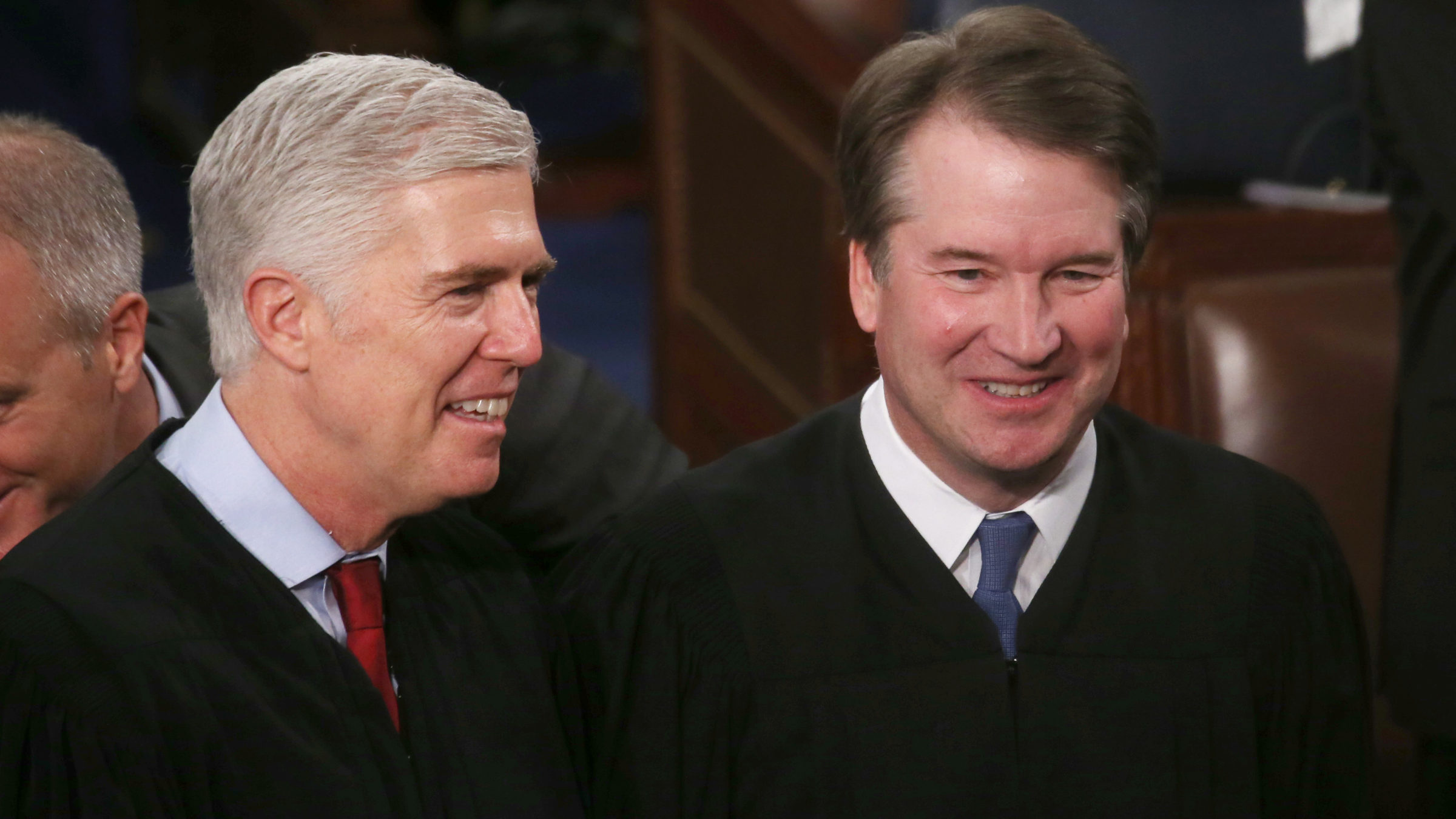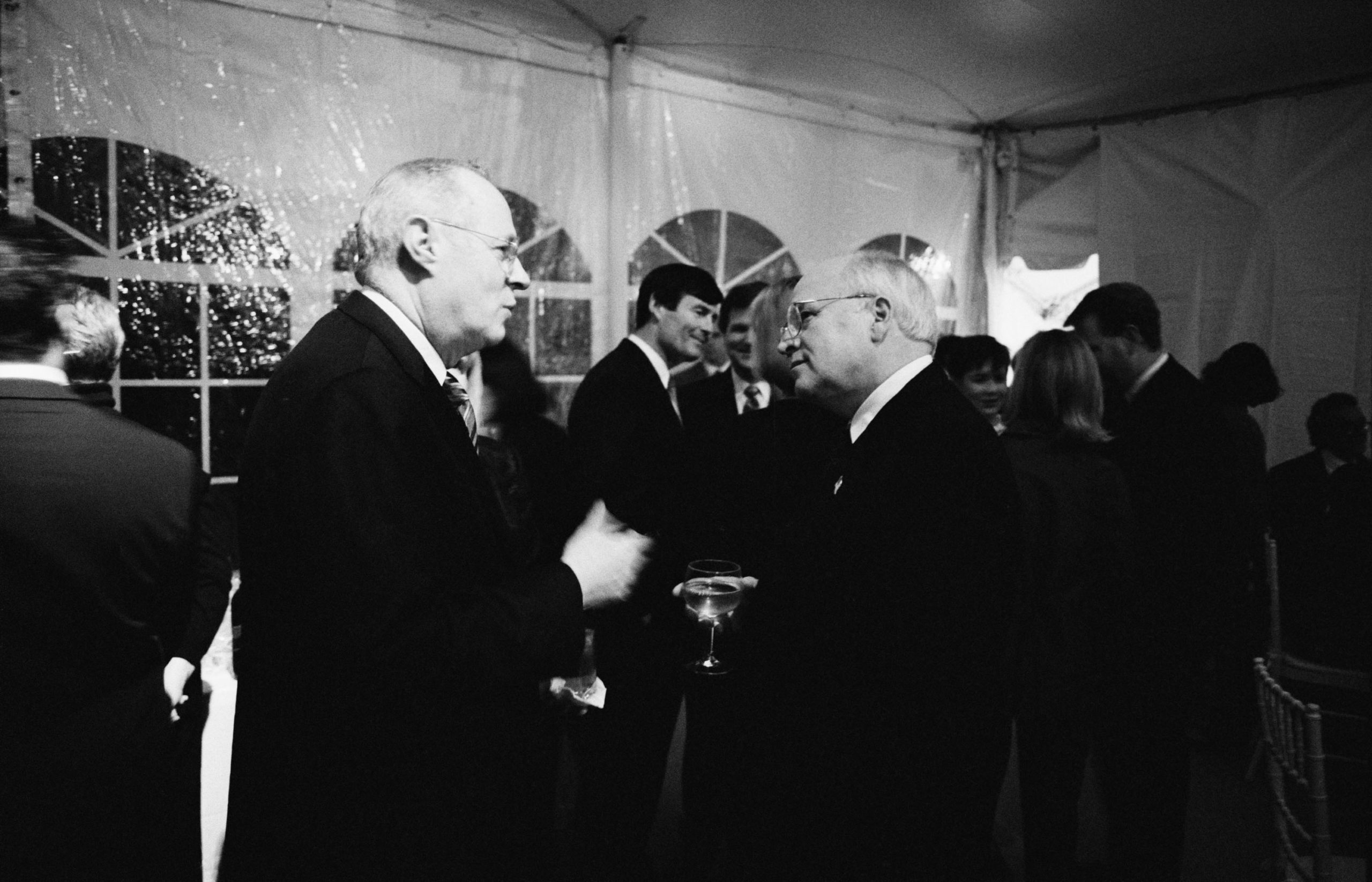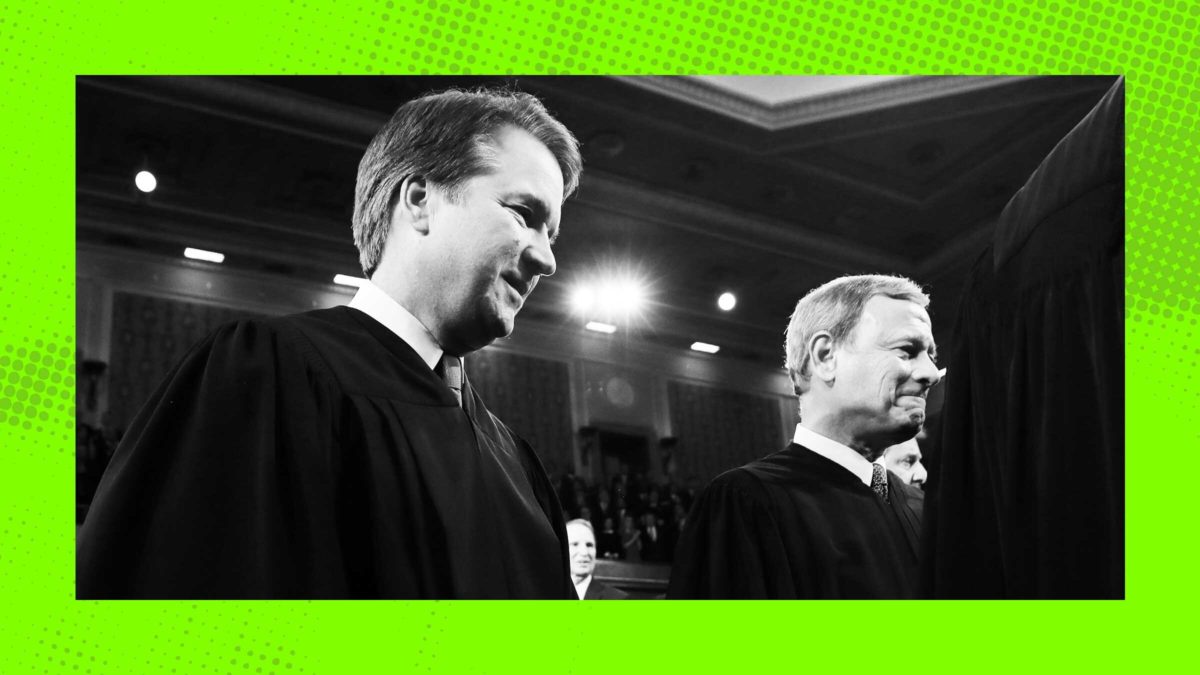As the number of uncounted ballots in the 2022 midterm elections dwindles, the race for the House is looking like a classic good news-bad news situation for the Republican Party. On the one hand, there’s a good chance that Republicans indeed come out on top; on the other, they might do so under circumstances that seem carefully designed by Lucifer himself to make Kevin McCarthy’s life a waking nightmare for as long as he’s able to endure it. As of late Tuesday, NBC News was projecting that Republicans would eke out the win by the objectively hilarious margin of 218-217, yielding two years during which control of the Speaker’s gavel would ping-pong with each scandal-driven retirement, opportunistic resignation, or death of some octogenarian backbencher who should have quit a long time ago.
Like all projections, NBC News’s came with plenty of caveats and a healthy 13-seat margin of error. But if the numbers hold and Republicans indeed take control of the House by the slimmest possible margin or something close to it, they will owe a debt of gratitude to the Republican justices sitting on the U.S. Supreme Court.
Earlier this year, the Court’s aforementioned Republican justices decided two major voting rights cases with (what turned out to be) profound implications for these midterms. In the wake of the 2020 Census, the GOP-controlled Alabama legislature drew a new congressional map that created just one majority-Black district out of its seven allotted seats. If you’re doing rough math at home, that’s 14 percent of the state’s representation in Congress in a state where more than a quarter of residents are Black.
In January, a federal court ruled that this map likely violates Section 2 of the Voting Rights Act, which ostensibly prohibits the powers that be from “packing” voters into districts in ways that dilute the voting power of minority groups. In an opinion and order that sprawled over 225 pages of detailed factual findings, the panel ordered the legislature to go back to the drawing board and produce a new map with two majority-Black districts.
In swooped the Supreme Court’s conservative supermajority, however, which loves nothing more than tilting the balance of power in favor of Republicans. By a 5-4 vote in February, the Court put the lower court’s order on ice and scheduled the case, Merrill v. Milligan, for full consideration on the merits docket. The immediate effect of this decision was to leave Alabama’s discriminatory, one-majority-Black-district map in place for the 2022 midterms, effectively handing the GOP a free one-seat advantage. In dissent, Justice Elena Kagan excoriated the Court for blessing the erosion of the electoral power of Black Alabamians “in violation of a law this Court once knew to buttress all of American democracy.”
A similar story unfolded in Louisiana a few months later. As in Alabama, a federal court found that the GOP-controlled legislature’s congressional map, which provided for one majority-Black district out of the state’s six, likely violated the Voting Rights Act. (About a third of Louisiana’s residents are Black.) As in Alabama, the court ordered the legislature to redraw a map with a second majority-Black district. And as in Alabama, the Supreme Court stepped in to block that order, reinstating the map that maximized the number of safe seats for the Republican Party—a Republican Party which, as it turns out, might seize control of one-half of the legislative branch of the federal government by a margin of one or two votes.

When the map on Election Night has lots of red on it (Photo by Mario Tama/Getty Images)
In the Alabama case, Justice Brett Kavanaugh wrote a separate concurrence in an apparent bid to downplay the case’s real-world consequences. The Court’s order, he claimed, “does not make or signal any change to voting rights law,” and “will allow this Court to decide the merits in an orderly fashion.” In his version of events, the justices in the majority were simply making a prudent procedural choice, fulfilling their duties as responsible, fair-minded stewards of the administration of justice. “Contrary to the dissent’s mistaken rhetoric, I take no position at this time on the ultimate merits of the parties’ underlying legal dispute,” he wrote.
Tuesday’s results lay bare the depths of Kavanaugh’s embarrassing, cynical bullshit. However the Court decides the “ultimate merits” of Merrill, the Court’s theatrical foot-dragging already enabled lawmakers in Alabama and Louisiana to accomplish exactly what they hoped their maps would do: help real-life Republican candidates win real-life elections at the expense of real-life Black voters. Even if the Court were to agree with the district court in Merrill, and hand down a full-throated defense of the Voting Rights Act sometime between now and July—not an outcome on which I would bet a single dollar—it’s not as if that would retroactively nullify any election results. For Black voters in Alabama, the best-case scenario here would be a fair, nondiscriminatory map in place by the time 2024 rolls around. The likelier scenario is status quo for the remainder of the decade.
Kavanaugh’s flowery rhetoric obscures the obvious truth that every Republican justice understands: Voting rights cases are not academic exercises or abstract questions about legal theory. They are tools for distributing political power. Thanks in large part to the Supreme Court’s expert maneuvering, this time around, the GOP might be coming out with more of it.
As always, you can find us at ballsandstrikes.org, or follow us on Twitter @ballsstrikes, or get in touch via[email protected]. Thanks for reading.
This Week In Balls & Strikes
A New Supreme Court Case Could Erase What Remains of Puerto Rican Sovereignty, Yvette Borja
For more on the rights of residents of Puerto Rico, let’s go to, uh, Brett Kavanaugh.
Federal Court Saves Corporation From $1 Billion Jury Award By Declaring It Too Mean to Be Legal, Lisa Needham
Being a corporation in America simply rules.
This Week In Other Stuff We Appreciated
Spare a Thought For Samuel Alito, America’s Worst Phillies Fan, Jay Willis, Defector
For our friends at Defector Media, I wrote about Sam Alito showing up at a World Series game in Philadelphia and immediately torpedoing his beloved Phillies’ odds at a title.
Clarence Thomas May Destroy Native Children’s Rights Based On a Lie, Mark Joseph Stern, Slate
One potential problem for the “originalist” case against Tribal sovereignty in Brackeen v. Haaland: It’s been thoroughly, repeatedly debunked.
Supreme Court Blows Chance to End Racist Legacy, Ediberto Román, Bloomberg Law
The Insular Cases, to be more specific.
This Week In Obscure Photos of Supreme Court Justices On Getty Images


